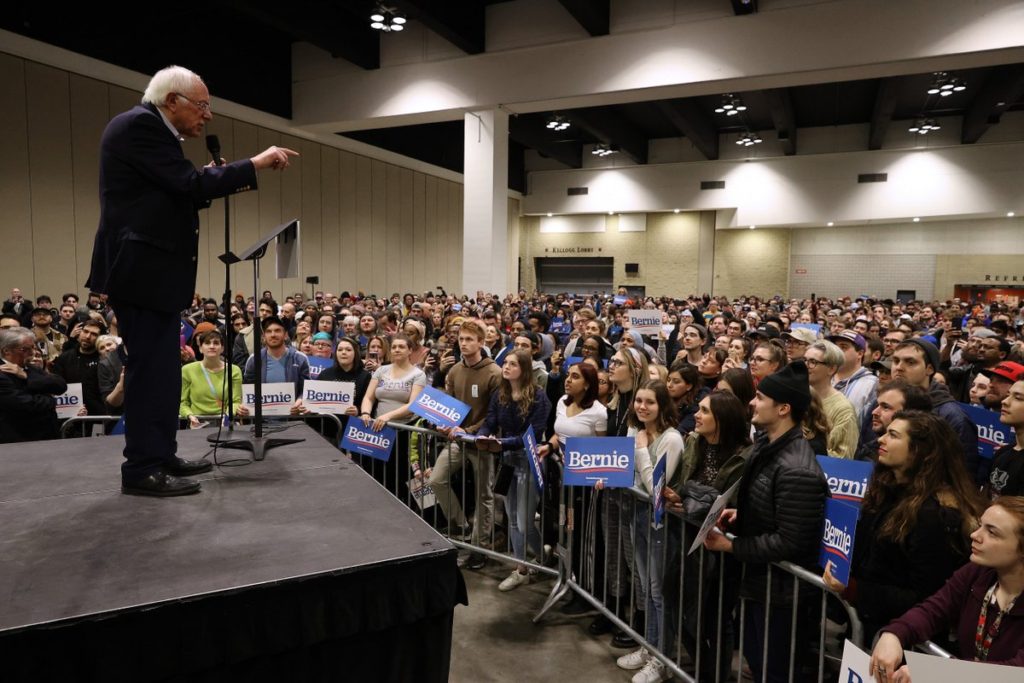

“They destroyed us,” Iranian student Mohammad Elmi told The Guardian last month after being detained upon arrival at LAX, interrogated, sent back to Tehran, and billed for his own deportation. The 31-year-old planned to start his PhD program at University of California, Santa Barbara and join his wife already living in the United States. Despite carrying a valid student visa granted after months of security checks, Elmi was “treated like a terrorist,” and forced to agree to deportation—and with it a 5 year ban on visiting the U.S.—in exchange for one last chance to call his wife before being sent on the next plane back to Tehran.
Elmi is just one of the dozens of Iranians on valid visas whose lives have been permanently turned upside down overnight—and their horrific experiences act as hallmarks of Trump’s ongoing, broader anti-Iran and anti-Muslim platform.
Last month, while Trump was busy threatening war crimes against 52 Iranian cultural sites with less than 240 characters, the Los Angeles Police Department heightened surveillance of the Iranian-American community despite admitting “no credible threat[s].” Nearly 200 American citizens of Iranian descent were interrogated and detained—some as young as five were held overnight—at the Peace Arch Border in Washington for the only crime of being ethnically Iranian.
The shameful era of U.S. Japanese internment felt suddenly not so distant, and history seemed doomed to repeat itself.
The past two months underscored for Iranian-Americans the fact that Trump’s policies do not just endanger our families back in Iran; they also endanger hundreds of thousands of Iranian-Americans here at home.
As the last decades have made clear to us, when Americans elect war-mongering presidents with platforms of aggression, Iran will elect leaders who vow to protect them with military strength. The results of the Iranian parliamentary elections earlier this month resulted in a landslide victory for conservative hardliners, largely in response to Trump’s worsening of Obama-era sanctions and unhinged military hostility.
Today, Iranians are watching the U.S. elections closely, and Bernie Sanders may be the only chance for peace with Iran in the foreseeable future.
As an Iranian-American community organizer and abolitionist, I do not believe electoral politics are the arena where much-needed systemic change can happen. But there is too much at stake right now to ignore. While every other Democratic candidate either supports policies—such as sanctions, war, or even the Muslim Ban—that devastates our communities and propels us further into military escalation, Bernie Sanders has consistently been the near-lone voice in preventing war with Iran during his time as Senator, and is the only candidate who comes close to addressing the needs of Iranian-Americans.
Read the full essay on Newsweek.com